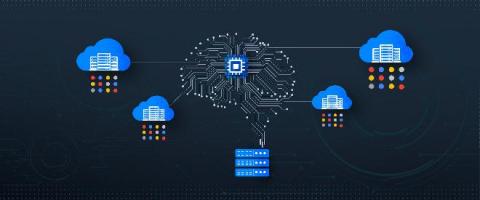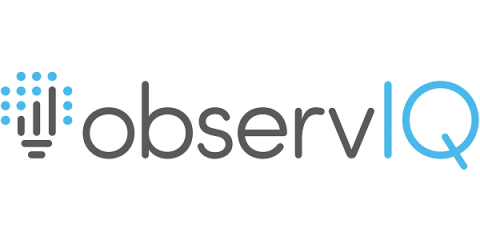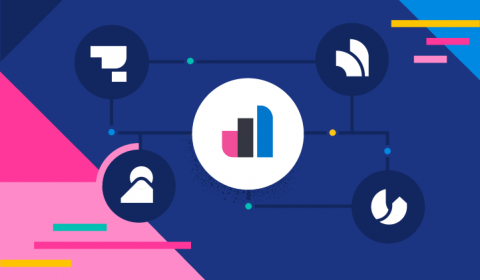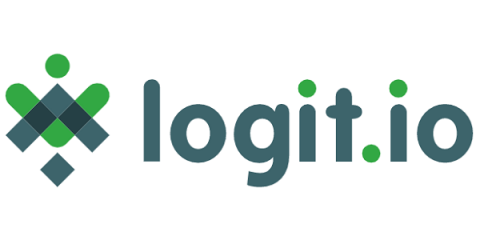Better monitoring and logging for Compute Engine VMs
Over the past several months we’ve been focused on improving observability and operations workflows for Compute Engine. Today, we are excited to share the first wave of these enhancements are now available. These include: Significantly improved operating system support for the Cloud Monitoring and Cloud Logging agents. The ability to rapidly deploy, update, and remove agents to groups of VMs, or all of your VMs, by policy, with as little as a single gcloud command.











